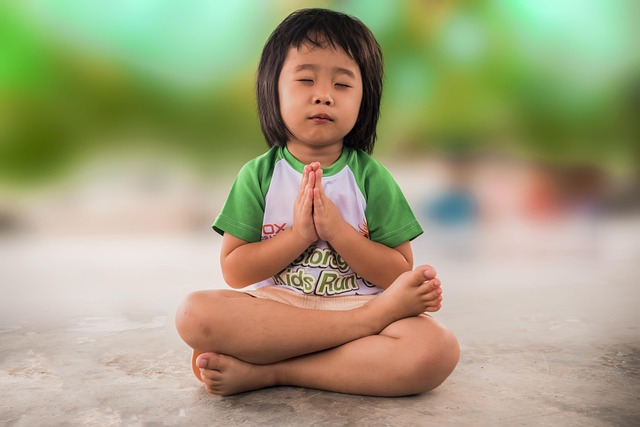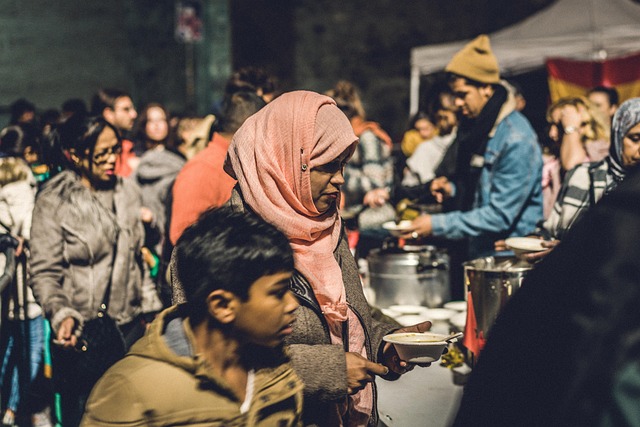Bridging Faith: Empowering Disadvantaged Groups Through Religious Outreach
In today’s world, the touchstone of faith often extends beyond sanctuaries and rituals; it reaches deeply into the heart of communities grappling with challenges. Helping disadvantaged groups through religious outreach has become an essential mission for many spiritual organizations striving to embody the tenets of love, compassion, and service.
Religious institutions possess unique resources that can significantly impact the lives of those who are vulnerable and marginalized. From food banks to counseling services, many faith-based initiatives are providing essential support to communities in need. This outreach goes beyond physical aid; it fosters a sense of belonging and spiritual upliftment that many disadvantaged individuals seek.
Engaging in acts of kindness and charity not only fulfills spiritual mandates but also serves to create bonds within the community. Individuals from all walks of life come together in this shared mission of helping disadvantaged groups, transcending barriers that might otherwise divide them. These collaborative efforts often lead to innovative solutions that address the root causes of poverty and marginalization.
Moreover, the essence of religious teachings calls upon followers to practice empathy and understanding. When faith communities embrace this call, they can become catalysts for change, inspiring others to join in the cause. Many religious leaders actively encourage their congregations to participate in outreach programs, mobilizing resources and volunteer efforts to meet the growing needs of their local communities.
One powerful aspect of such outreach is its focus on dignity and respect. Religious organizations that aim to serve the disadvantaged often emphasize the importance of treating everyone with honor and integrity. This approach not only empowers individuals but also fosters a supportive environment where congregants can feel secure in seeking help.
The personal stories that emerge from these outreach efforts can be transformative. For example, a single mother may find refuge in a faith-based housing program while a recently released inmate accesses job training through a church initiative. Each success story not only uplifts the individuals involved but also serves as motivation for others facing similar challenges.
Furthermore, interfaith outreach initiatives can be particularly effective in amplifying the impact of these efforts. When diverse religious groups come together, they share resources and knowledge, ultimately enhancing their collective ability to serve disadvantaged groups. Such collaboration not only broadens the reach of services but also sends a powerful message of unity and solidarity.
Various organizations exemplify the profound impact that faith-driven outreach can have. For instance, ministries dedicated to addiction recovery not only offer spiritual guidance but also provide practical support services. By addressing both the spiritual and physical needs of individuals, they create a holistic healing environment that nurtures body, mind, and soul.
In the end, the mission of helping disadvantaged groups extends far beyond charity; it embodies the very spirit of community and love that many religious teachings espouse. As individuals and organizations continue to rise to the call, we witness the power of faith in action, actively transforming lives and enriching communities.




